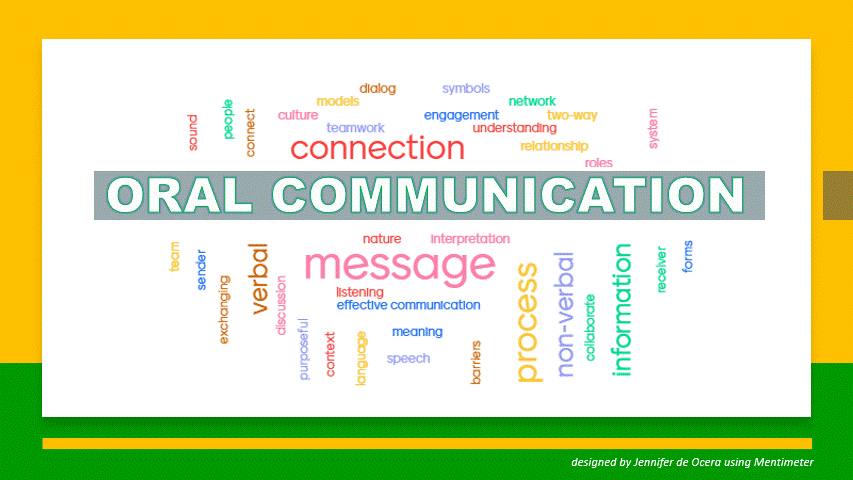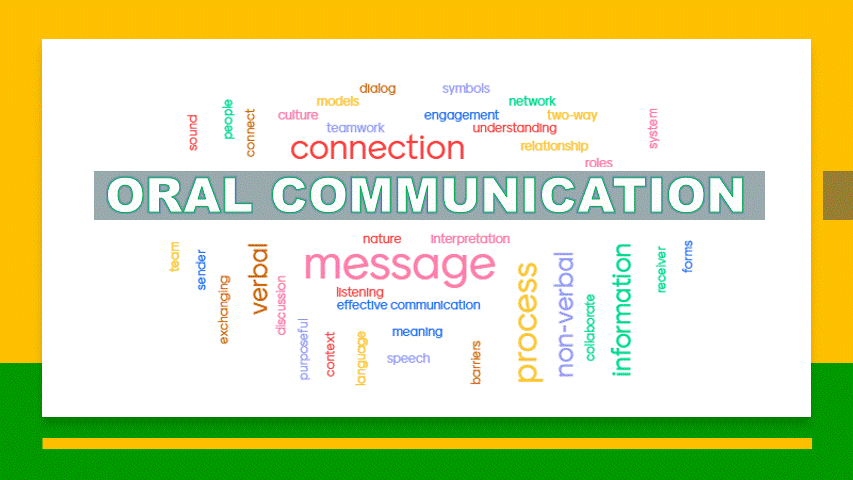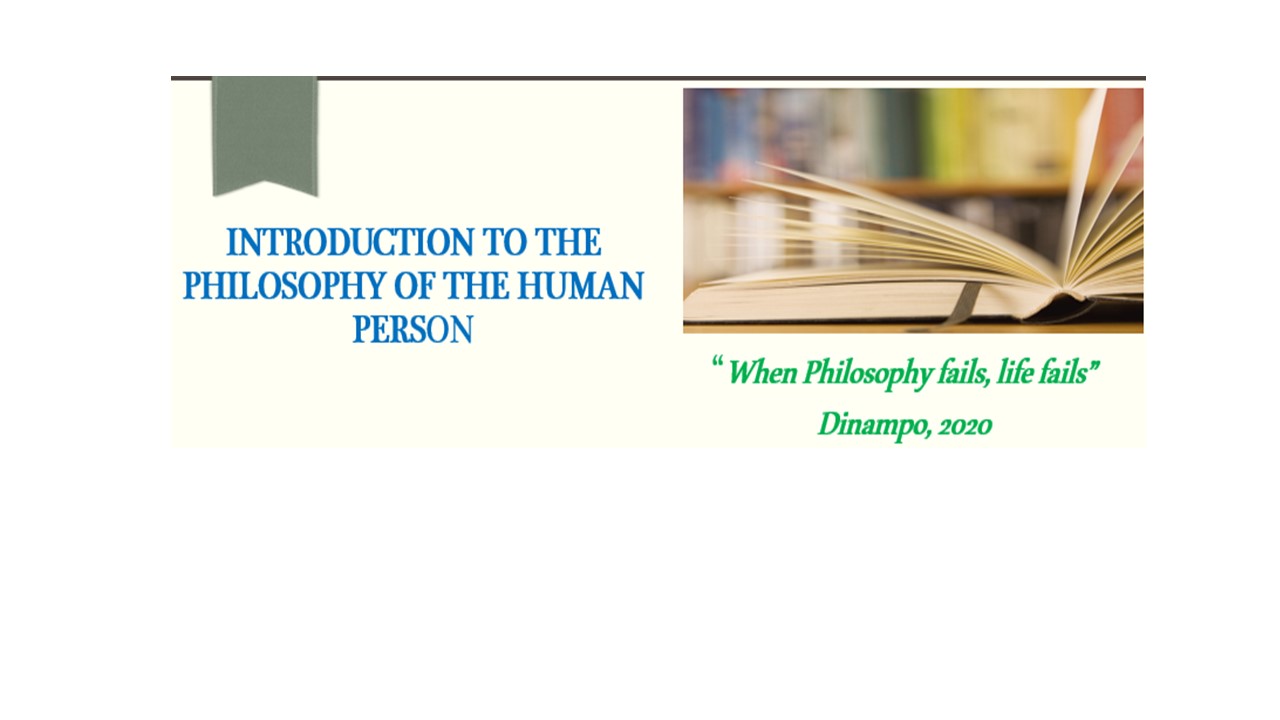
G11-General Mathematics-Quarter 1
At the end of the course, the students must know how to solve problems involving rational, inverse, exponential and logarithmic functions; to solve business-related problems; and to apply logic to real-life situations.
Module 1. Functions, Rational, Inverse, Exponential, and Logarithm
Lesson 1 Functions
Lesson 2 Rational Function
Lesson 3 Inverse Function
Lesson 4 Exponential function
Lesson 5 Logarithmic Function
Module 2. Basic Business Mathematics
Lesson 1 Simple Interest Concepts and Problems
Lesson 2 Compound Interest Concepts and Problems
Lesson 2.3 Simple and General Annuities
Lesson 2.4 Deferred Annuities
Lesson 2.5 Stocks and Bonds
Lesson 2.6 Market, Indices for Stocks and Bonds
Lesson 2.7 Business and Consumer Loans
Module 3. Logical Proposition
Lesson 3.1 Logical Simple Propositions
Lesson 3.2 Compound Propositions
Lesson 3.3 Logical Operators
Lesson 3.4 Constructing Truth Tables
Lesson 3.5 Conditional Propositions
Lesson 3.6 Valid Arguments and Fallacies

G11-Oral Communication-Quarter 1

Welcome to your online course in Oral Communication in Context. This course
focuses on the development of listening and speaking skills and strategies for
effective communication in various situations. As you go through the entire course
you will be able to understand the importance of communication in your daily life.

G11-Understanding Culture, Society and Politics-Quarter 1
Course Description
This course focuses uses insights from Anthropology, Political Science, and Sociology to develop students’ awareness of cultural, social and political dynamics, and sensitivity to cultural diversity; provide them with an understanding of how culture, human agency, society and politics work; and engage them in the examination of the country’s current human development goals.
Content Standard Learners demonstrate an understanding about human cultures, human agency, society and politics;
recognize cultural relativism and social inclusiveness to overcome prejudices;
and develop social and cultural competence to guide their interactions with
groups, communities, networks, and institutions. Performance standard The learners examine stories that explore cultural, social, and political aspect and
create informative message to the people. Learning outcomes This course offers 12 lessons. Lessons
1-6 are intended for midterm while Lessons 7-12 for finals. By the end of this online course,
learners are expected to have extensive knowledge of the lessons by completing
and completing the following learning tasks: MODULE
1 Lesson 1 Learning
Task/s Learning
Competency Nature,
goals and perspectives in/of anthropology, sociology, and political science Discuss the
nature, goals and perspectives in/of anthropology, sociology, and political
science Lesson
No. 2 Concept,
aspects and changes in/of culture and society Gratitude Flower Analyse the
concept, aspects and changes in/of culture and society Lesson
3 Importance
of cultural relativism in attaining cultural understanding Explain the
importance of cultural relativism in attaining cultural understanding Lesson
4 Significance
of cultural, social,, and economic symbols and practices Analyze the
significance of cultural, social,, and economic symbols and practices Lesson
5 Socialization Explain the
context, content, processes, and consequences of socialization Lesson
6 Social
organization Analyze the
forms and functions of social organization Lesson
7 State and
non-state institutions Explain the
forms and functions of state and non-state institutions Lesson
8 Education
in the society Examine the
functions and importance of Education in the society Lesson
9 Stratification
systems using sociological perspectives Examine the
concept, characteristics and forms of stratification systems using
sociological perspectives Lesson
10 Government
programs and initiatives in addressing social inequalities Explain the
government programs and initiatives in addressing social inequalities e.g
local, national, global Lesson
11 Social
inequalities Suggest
ways to address social inequalities (local, national, global) Lesson
12 Challenges in
contemporary societies Examine
human responses to emerging challenges in contemporary societies

G11-Personal Development / Pansariling Kaunlaran-Quarters 1&2
This course makes senior high school students aware of the developmental
stage that they are in, for them to better understand themselves and the
significant people around them as they make important career decisions as
adolescents. The course consists of modules, each of which addresses a key
concern in personal development. Using the experiential learning approach, each
module invites students to explore specific themes in their development.
Personal reflections, sharing, and lectures help reveal and articulate relevant
concepts, theories, and tools in different areas in psychology.




